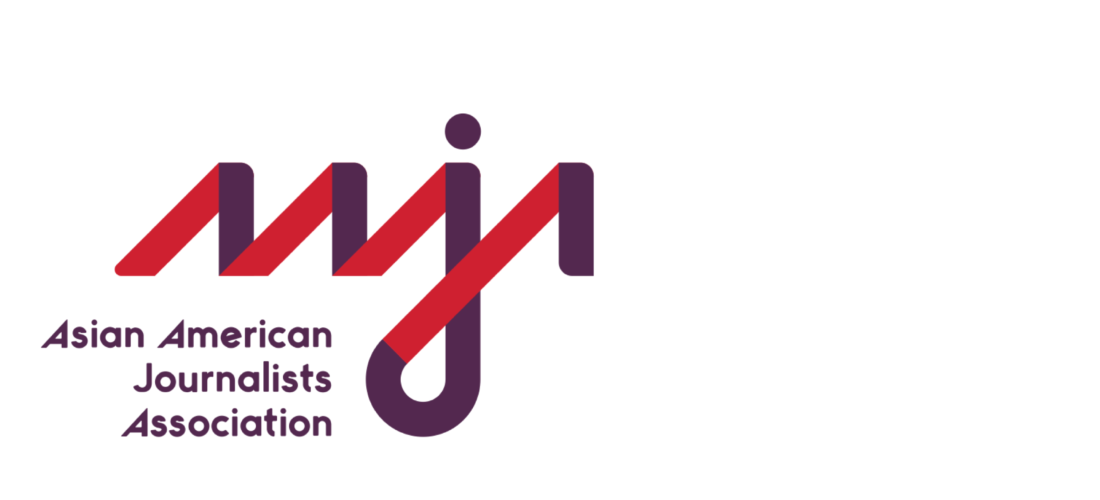Guidances & Resources

AAJA book highlights the intersections of AAPI journalists and history
The Asian American Journalists Association (AAJA) is proud to announce the publication of “Intersections: A Journalistic History of Asian Pacific America,” in partnership with UCLA’s

“Incarceration” not “internment” – AAJA launches new style guide
The AAJA Style Guide is dedicated to the memory of Los Angeles Times Assistant Managing Editor Henry Furhmann, who mentored many AAJA journalists and ensured

AAJA Reissues Guidance on Covering Violence in Asian American Communities Following Mass Shooting in Allen, Texas
A mass shooting in Allen, Texas, on May 6, 2023 left eight individuals dead and at least seven injured. Of the eight victims, four were

Updated Statement: AAJA’s Guidance on Covering Violence in Asian American communities, following multiple mass shootings in California.
January 25, 2023 In the wake of the shooting in Half Moon Bay, AAJA urges newsrooms to responsibly and fairly cover the Asian American communities

AAJA and MVJ Urge Newsrooms to Avoid Using the Word “Kamikaze” in Ukraine Coverage
The Asian American Journalists Association and Military Veterans in Journalism urge newsrooms to refrain from use of the Japanese word “kamikaze” to describe the self-detonating

AAJA Urges Newsrooms Not To Perpetuate Xenophobia in COVID-19 Coverage
AAJA’s response to Chicago Sun-Times tweet The Asian American Journalists Association urges newsrooms not to perpetuate xenophobia in coverage of the COVID-19 pandemic as anti-Asian

AAJA Announces Updated Guidance on Coverage of Anti-AAPI Violence
On the start of AAPI Heritage Month and Mental Health Awareness Month, the Asian American Journalists Association is proud to announce the expansion of our mental wellness offerings to our membership with support from Panda Express and others.

2022 Beijing Winter Olympics Guidance for Journalists
Ahead of the start of the Beijing Winter Olympics, the Asian American Journalists Association has compiled a series of guides, resources and organizational stances to

Guidance on Coverage of Sept. 11, 20 Years Later
This September marks 20 years since the 9/11 attacks. The Arab and Middle Eastern Journalists Association (AMEJA), Asian American Journalists Association (AAJA), the National Association of Black Journalists (NABJ), and the South Asian Journalists Association (SAJA), all independent professional organizations, are issuing guidance to help journalists and newsrooms more accurately and critically cover the commemoration, impacted communities, and policies that resulted from 9/11.

AAJA advises media organizations to heed South Asian Journalists Association’s guidance regarding reporting on the new COVID-19 variant from India
On the start of AAPI Heritage Month and Mental Health Awareness Month, the Asian American Journalists Association is proud to announce the expansion of our mental wellness offerings to our membership with support from Panda Express and others.

SAJA-AAJA Media Advisory on Coverage of Indianapolis Fedex Facility Shooting
We are concerned about reports Tuesday that the Minnesota state police threatened to arrest journalists covering the protests if they did not leave. This growing nationwide trend among law enforcement agencies is unacceptable. The police should not be threatening journalists for doing their jobs. As journalism organizations, we stand together to defend reporters on the streets who are covering the news as the eyes and ears of the people.
We encourage and urge all police offices to respect our jobs and not threaten working journalists or peaceful protesters, both of whom are protected by the First Amendment, with arrest.

AAJA Pronunciation Guide for Asian Victims of Atlanta Shootings
AAJA has released a pronunciation guide for victims in the Atlanta spa shootings with Chinese-language and Korean-language names.

AAJA Guidance on Coverage of Anti-AAPI Violence
The shootings in Atlanta on March 16 killed eight people. Six of the victims were identified as Asian and seven were women. At least four of those killed were of Korean descent. The Asian American Journalists Association (AAJA) urges newsrooms to take caution with language in news coverage that could fuel the hypersexualization of Asian women, which has been linked to violence and discrimination.

Mental Wellness Resources
A non-comprehensive list of mental wellness resources for AAPI and journalists, including research, training programs, and culturally competent coverage. Updated as of 2024. Mental Wellness

Guide to Covering Asian Pacific America
Note: AAJA is in the process of updating this guidance. UPDATE DEC. 1, 2021: AAJA has removed the current version of the style guide which

AAJA & SAJA Issue Guidance On Coverage Of VP Nominee Sen. Kamala Harris And Her Racial Identity
AAJA and SAJA urge newsrooms to be mindful in their language of Harris’ multifaceted racial identity and the ways she has described her own upbringing and background.

AAJA Calls on News Organizations to exercise care in Coverage of the Coronavirus Outbreak
The Asian American Journalists Association (AAJA) urges journalists to exercise care in their coverage of the coronavirus outbreak in China to ensure accurate and fair portrayals of Asians and Asian Americans.

Seven ways to avoid double standard reporting on extremist violence (Report)
AAJA’s Muslim American Task Force provides issues journalists should consider when covering cases of extremist violence, as detailed in a report by The Institute for Social Policy and Understanding.
